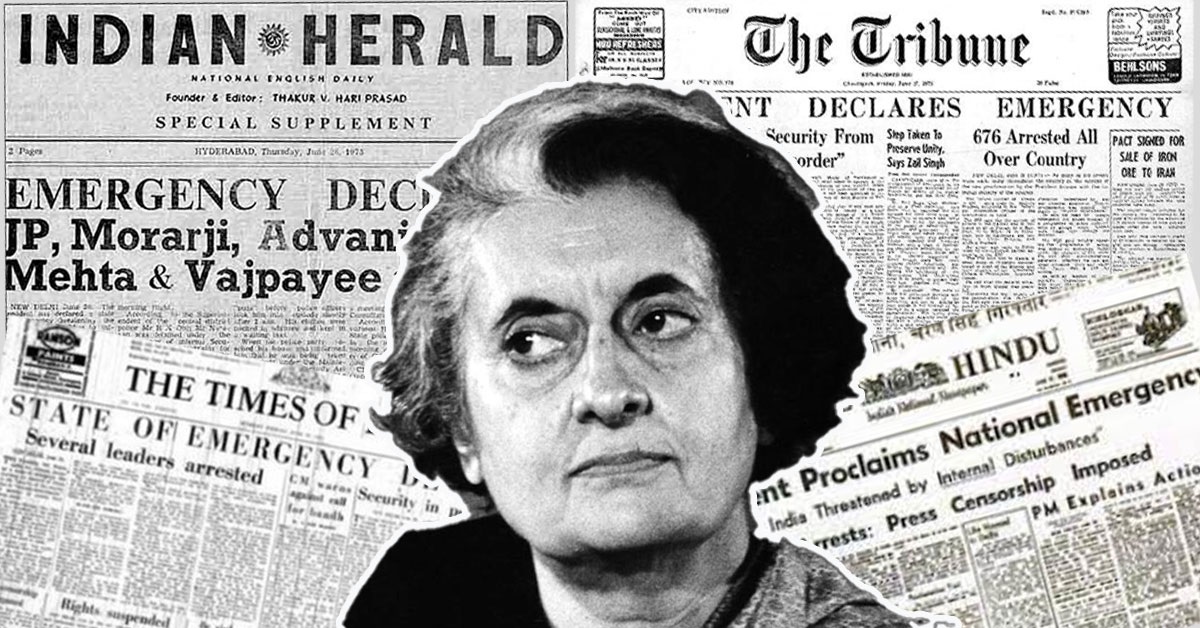Was Indira Gandhi Truly a Strong Leader Who Transformed India?

Evaluating the Leadership of Indira Gandhi
Introduction: Indira Gandhi, the first and only female Prime Minister of India, served from 1966 to 1977 and again from 1980 until her assassination in 1984. Her tenure was marked by significant political, social, and economic changes. Opinions about her leadership remain deeply divided, with some praising her as a strong leader who transformed India, while others criticize her for various political and social failures.
Election Loss in Raebareli: Indira Gandhi faced a significant political setback when she lost the Raebareli constituency in the 1977 general elections. This loss was a major blow to her political career, as it marked the first time she had been defeated in an election. The loss was attributed to widespread discontent with her administration and the controversial Emergency period (1975-1977), during which civil liberties were suspended, and political opponents were jailed.
Inability to Bargain for PoK with 93,000 Pakistani Soldiers: In the aftermath of the 1971 Indo-Pak war, India had captured 93,000 Pakistani soldiers. Despite this significant leverage, Indira Gandhi’s administration could not secure the return of Pakistan-occupied Kashmir (PoK) in exchange for the prisoners of war. Critics argue that this was a missed opportunity to resolve the long-standing Kashmir issue.
Challenges in Controlling Internal Security Threats: Indira Gandhi’s tenure was marred by numerous internal security challenges. She struggled to control the rise of Naxalite movements, Left-wing extremism, and militant groups such as the Khalistanis in Punjab. These groups posed significant threats to India’s internal stability and highlighted weaknesses in her approach to domestic security.
Operation Blue Star and Massacre of Saints: One of the most controversial events during Indira Gandhi’s leadership was Operation Blue Star in 1984, where Indian military forces stormed the Golden Temple in Amritsar to flush out militants led by Jarnail Singh Bhindranwale. This operation resulted in the death of hundreds, including militants and innocent civilians. It led to widespread outrage and is often cited as a significant failure in managing religious and political tensions.
Political Alliances and Compromises: To maintain her political power, Indira Gandhi allied with the Communist Party of India (CPI) during the Emergency. This alliance was seen as a strategic move to consolidate her position but was also criticized for undermining democratic principles.
Return of Land to Waqf Board and Minority Status to AMU: Indira Gandhi’s decision to return land to the Waqf Board and restore minority status to Aligarh Muslim University (AMU) was part of her broader policy of minority appeasement. While these actions were intended to gain support from Muslim communities, they were also criticized by some as pandering to specific groups for political gain.
Economic Policies: Nationalization of Banks, Oil, and Coal: On the economic front, Indira Gandhi is credited with nationalizing banks, oil companies, and coal mines. These moves were aimed at controlling key sectors of the economy and reducing the influence of private capital. While these policies were popular among certain segments of society, they also faced criticism for stifling competition and efficiency.
Notable Achievements of Indira Gandhi:
-
Green Revolution:
- Introduced high-yield variety seeds and modern agricultural techniques.
- Achieved self-sufficiency in food production and reduced reliance on food imports.
-
1971 War and Creation of Bangladesh:
- Led India to victory in the Indo-Pak war, resulting in the creation of Bangladesh.
- Managed the refugee crisis and supported East Pakistan’s struggle for independence.
-
Nationalization of Banks:
- Nationalized 14 major banks in 1969 to ensure more equitable distribution of credit.
- Aimed to extend banking facilities to rural areas and promote economic development.
-
Garibi Hatao (Eradicate Poverty) Campaign:
- Launched programs to alleviate poverty and improve living standards for the poor.
- Focused on rural development, land reforms, and social welfare schemes.
-
Pokhran-I Nuclear Test:
- Conducted India’s first successful nuclear test in 1974, making India a nuclear power.
- Enhanced India’s strategic and technological capabilities.
-
Promotion of Science and Technology:
- Established institutions like the Indian Space Research Organisation (ISRO).
- Encouraged advancements in space research, nuclear energy, and scientific innovation.
-
Strengthening of Indian Foreign Policy:
- Improved relations with the Soviet Union, securing military and economic support.
- Maintained non-alignment and played a significant role in international diplomacy.
-
Environmental Initiatives:
- Launched the 20-point program aimed at poverty alleviation and environmental protection.
- Promoted afforestation, wildlife conservation, and measures to combat pollution.
Conclusion: Indira Gandhi’s legacy as a leader is complex and multifaceted. While she demonstrated decisive leadership in certain areas, her tenure was also marked by significant controversies and challenges. The assessment of her strength as a leader depends on one’s perspective on her policies and actions.